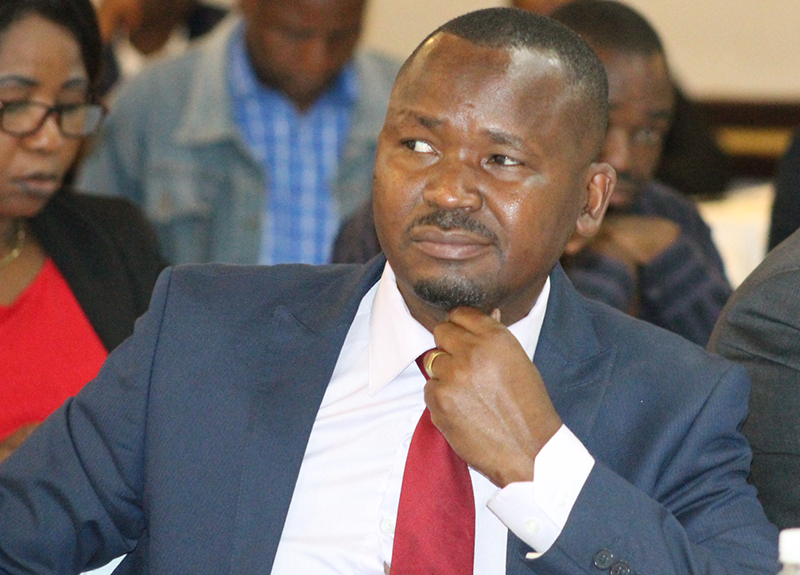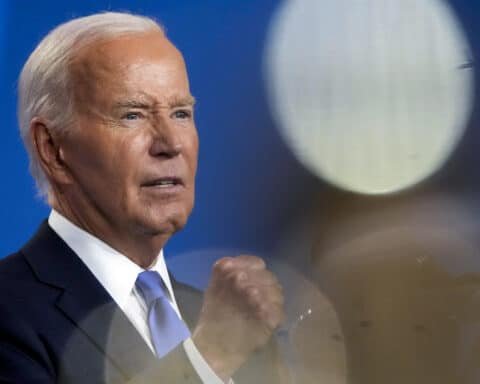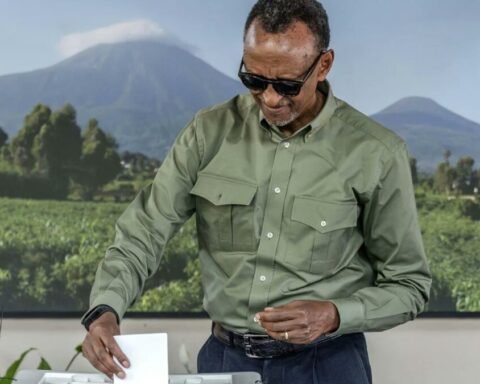In a significant political development, Binga North Member of Parliament, Prince Dubeko Sibanda, has announced his resignation from the opposition party, Citizens Coalition for Change (CCC), expressing solidarity with the party’s former President, Nelson Chamisa. This move marks Sibanda as the fourth lawmaker to leave the party, following the departures of Fadzayi Mahere, Takudzwa Ngadziore, and Prosper Mutseyami, with rumors suggesting more exits in the coming week.
Sibanda’s resignation comes on the heels of Chamisa’s departure, who stepped down from his position, citing concerns over the party being compromised by infiltration. This claim has sparked a wave of resignations, signaling a crisis within the CCC and raising questions about its future direction.
In a heartfelt statement released on Friday, Sibanda articulated his disappointment with the party’s current state, especially after unsuccessful attempts to rejuvenate the CCC during a recent Citizens National Assembly (CNA) meeting. The assembly aimed to establish a steering committee for the party, but disagreements over leadership have paralyzed the organization.
Sibanda criticized the existing leadership’s motives, accusing them of seeking personal gain over the welfare of the Zimbabwean populace. “The party…no longer has the capacity to carry the hopes of the majority,” he stated, condemning the leaders for their detachment from the struggles of the people and their eagerness to secure benefits from the current regime.
The departure of these MPs underscores a deepening rift within the CCC, as Sibanda and others express disillusionment with the party’s trajectory. Former MP Tendai Biti, recognized by the CNA as the vice president and potential successor within the CCC, contrasts with those exiting, suggesting a contentious battle for the party’s soul.
Sibanda’s statement also highlighted concerns over the manipulation of political party funding, suggesting that access to resources is now contingent upon compliance with the ruling Zanu PF party’s demands. “It has never been my mission to be a member of an opposition party that is pliant to Zanu PF,” Sibanda remarked, distancing himself from what he views as a betrayal of the people’s struggle.
As the political landscape continues to shift, the future of the CCC and its members remains uncertain. Chamisa’s next steps are particularly anticipated, with speculations about the formation of a new political entity, albeit without several of his former colleagues.
This series of resignations from the CCC signals a critical juncture for Zimbabwe’s opposition, as internal conflicts and allegations of government interference threaten to undermine its effectiveness as a counterweight to the ruling party. The unfolding drama will undoubtedly have profound implications for the nation’s political dynamics, as key figures reassess their alignments and strategies ahead of future electoral contests.








